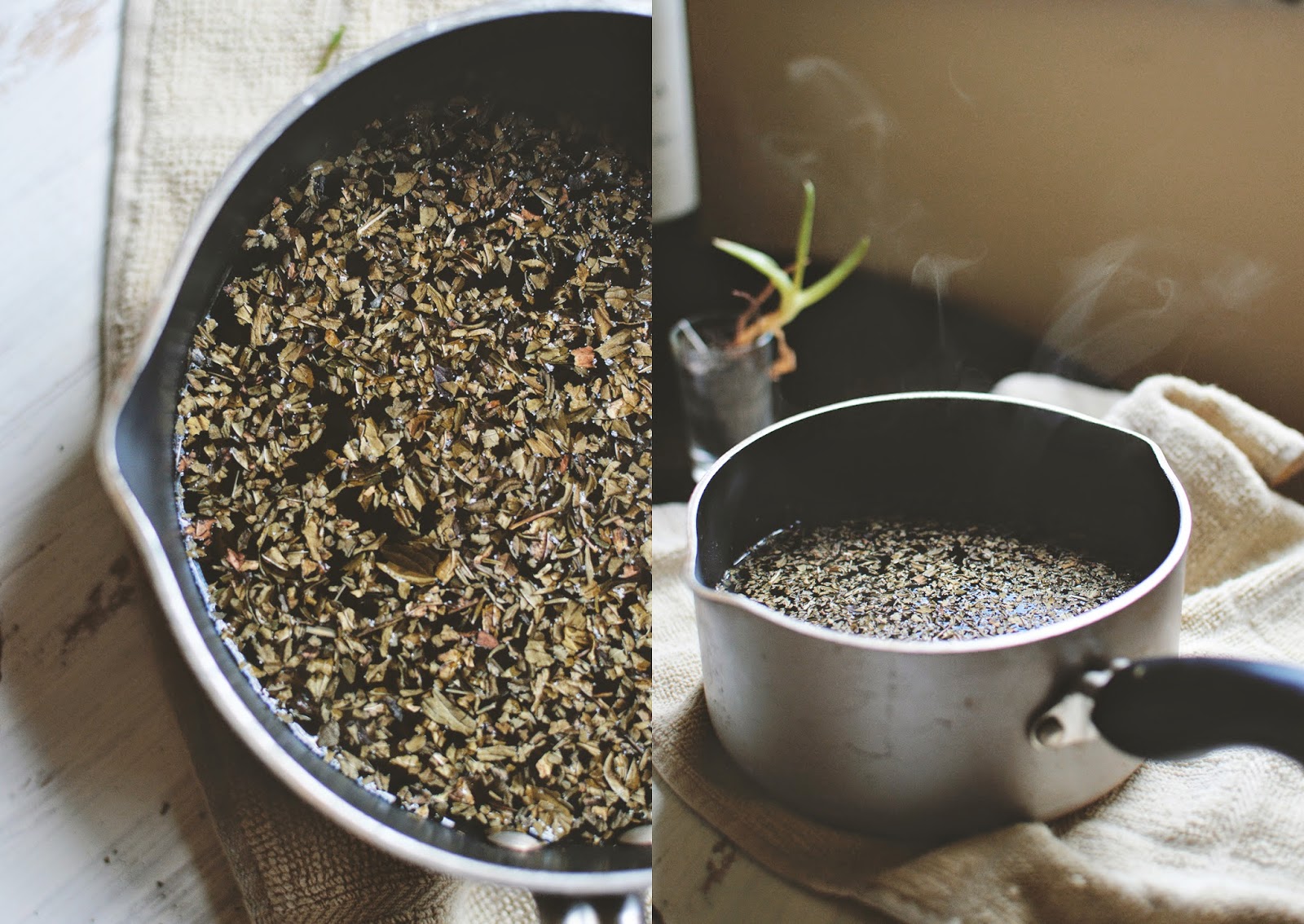With the holiday’s just around the corner, now is the perfect time to incorporate nourishing, seasonal recipes into your holiday preparations. This warming cranberry spice drink is not only delicious but also packed with immune-supporting ingredients to help you stay balanced during the busy holiday season.
Seasonal Nourishment
As the weather cools and Vata season takes over, this drink helps ground and warm the body while strengthening immunity. The combination of tart cranberries, warming spices, and aromatic herbs balances both Vata and Kapha doshas. It is especially beneficial in late fall and early winter when dryness and cold can leave us feeling depleted.
Ayurvedic Benefits of the Ingredients
Cranberries: Naturally rich in antioxidants and vitamin C, cranberries help detoxify the body and boost immunity. Their tartness kindles Agni (digestive fire), which is essential for digesting heavy holiday meals.
Ginger Root: Warming and stimulating, ginger helps improve circulation, reduce inflammation, and support digestion. It’s particularly balancing for Vata and Kapha doshas.
Lemon: This sour and slightly astringent fruit supports detoxification, alkalizes the body, and strengthens immunity with its high vitamin C content.
Cinnamon Sticks: A warming spice that improves circulation, balances blood sugar, and strengthens digestion. Its sweet and pungent qualities balance Vata and Kapha doshas.
Rosemary: Known for its antioxidant properties, rosemary improves mental clarity and supports respiratory health, making it particularly beneficial during the colder months.
Thyme: A natural antimicrobial and respiratory support herb, thyme helps fend off colds and congestion while enhancing digestion.
Cloves: Rich in warming and antibacterial properties, cloves stimulate digestion, reduce nausea, and strengthen immunity.
How to Prepare
This recipe is simple yet powerful. Start by ensuring all ingredients are organic and non-GMO for the best quality and health benefits. Note that many commercial cranberry brands, like Ocean Spray, are not organic, so choose a trusted organic source for this recipe.
Ingredients:
One big bag of fresh organic cranberries
2 sliced ginger roots (leave the peel on)
2 sliced lemons
4 cinnamon sticks
A handful of fresh rosemary
A handful of fresh thyme
1 teaspoon of cloves
Instructions:
In a large pot, combine all ingredients and add enough water to cover them.
Simmer on low heat for a couple of hours, allowing the flavors and nutrients to infuse into the water.
Strain the liquid into a jug or teapot, pressing the solids to extract all the goodness.
Serve warm or at room temperature. Sweeten with raw honey if desired (only once the drink has cooled slightly to preserve the honey's natural properties).
Dosha Balancing Effects
Balances Vata: The warming spices and cooked cranberries offer grounding and moisture, countering Vata’s cold and dry qualities.
Balances Kapha: The astringent and tart cranberries, combined with digestive spices, help prevent stagnation and heaviness, balancing Kapha’s tendency to accumulate.
Pitta Note: Pitta individuals may want to use less ginger and cloves or enjoy the drink at room temperature to avoid overstimulation.
Why This Drink is PerfecttTo Serve for the Holidays
This drink is a vibrant celebration of the season, blending immune-boosting herbs and digestive spices into a comforting and festive beverage. Its rich red hue and aromatic blend of cranberries and warming spices make it a visually stunning and healthful alternative to sugary holiday drinks, perfectly complementing the gathering table.
Grounded in Ayurvedic wisdom, this recipe reflects Ritucharya—the seasonal practice of aligning with nature’s rhythms—by focusing on warm, gently spiced ingredients that nurture the body during colder months. By kindling digestive fire, it helps the body process indulgent holiday meals with ease, promoting balance and well-being through mindful nourishment.
Suggestions for Serving Variations
1. Holiday Welcome Drink: Serve the beverage warm in festive mugs as a non-alcoholic alternative for guests arriving at Thanksgiving or holiday gatherings. Garnish each mug with a sprig of fresh rosemary or a slice of lemon for an elegant touch.
2. Infused with Ayurvedic Sweeteners: If you’d like a sweeter profile, stir in raw honey, jaggery, or date syrup after the drink has cooled slightly (to preserve the beneficial properties of the sweetener). This adds a touch of natural sweetness without overpowering the spices.
3. Mocktail Inspiration: Transform this drink into a holiday mocktail by combining the strained cranberry spice infusion with a splash of apple cider or pomegranate juice. Add a cinnamon stick or a few cranberries for garnish.
4. Post-Dinner Digestive Tonic: After a large holiday meal, serve this drink warm with a dash of powdered cardamom to support digestion and prevent bloating. Its tart and warming qualities will help guests feel lighter and more comfortable.
5. Festive Punch Bowl: For larger gatherings, prepare a big batch and serve it in a punch bowl. Add slices of oranges or a few whole cranberries for visual appeal. Guests can ladle their servings, making it a centerpiece for your holiday table.
6. Pair with Ayurvedic Desserts: Offer this drink alongside Ayurvedic-inspired desserts such as spiced date laddoos, coconut cardamom pudding, or baked apples with cinnamon and nutmeg. The warming spices in the drink complement these naturally sweet treats.
As you sip this nourishing cranberry spice drink, let it serve as a reminder of Ayurveda’s timeless wisdom. No matter where you live or what season it is, Ayurveda offers a wealth of knowledge to support balance, vitality, and harmony with nature. By embracing these principles, we can nurture our bodies and minds with simple, intentional practices that align with the rhythms of life. This holiday season, let Ayurveda guide you in creating meals and moments that celebrate health, connection, and gratitude.
Disclaimer: The sole purpose of these articles is to provide information about the tradition of Ayurveda. This information is not intended for use in the diagnosis, treatment, cure or prevention of any disease.





